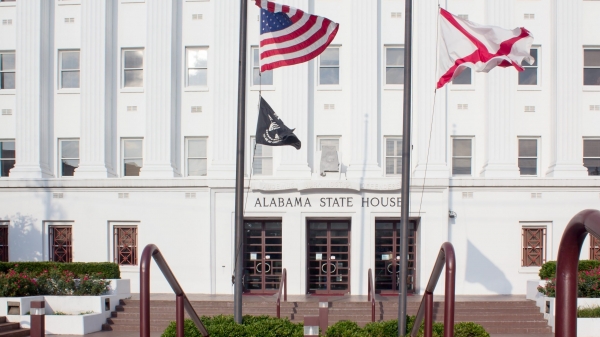By Bill Britt
Alabama Political Reporter
MONTGOMERY—State Senate Candidate Beau Doolittle believes that a gaming compact between the State and the Poarch Band of Creek Indians (PCI) is a logical way to counter the State’s current budget crisis. “Attempts to block a Tribal-State Compact display outdated thinking and antiquated business strategy,” says Doolittle.
As a candidate for Senate District 35, Doolittle is charting a very different course than his incumbent rival Sen. Bill Hightower, who opposes a gaming compact.
“Alabama is the only State in the country that has failed to capture any revenue from tribal gaming,” stated Doolittle.
A Tribal-State Compact would allow the PCI to offer Class III gaming on their reservation under the Indian Gaming Regulatory ACY of 1988, (IGRA).
The act also allows for a “business,” agreement between the Tribe and the State whereby the State would receive revenue from the tribal gaming interest. Such a compact with the PCI could generate more than $300,000 a year for the State’s failing general fund budget.
Recently, Senate President Pro Tem, Del Marsh and Senate Rules Chairman Jabo Waggoneer, have expressed a willingness to entertain the idea of negotiating a compact with the PCI.
Doolittle believes that working with the Tribe makes more sense than the hostile approach of current Attorney General Luther Strange and many in the State Legislature.
“This just doesn’t make good sense as our State continues to face economic hardship and the inability to provide our children with the education they deserve,” said Doolittle.
Currently, PCI only operate bingo gaming at their various locations. With a compact, they would be permitted to operate under the Class III rules of IGRA, which allows for a more broad offering such as table games, which are available at traditional casinos.
Doolittle believes his approach would, “create winners across the board, helping the General Fund and Education Crisis, improving education and being a good neighbor to Alabama’s only native family.”
Neither, the PCI or the Attorney General’s Office returned requests for comment.





















































